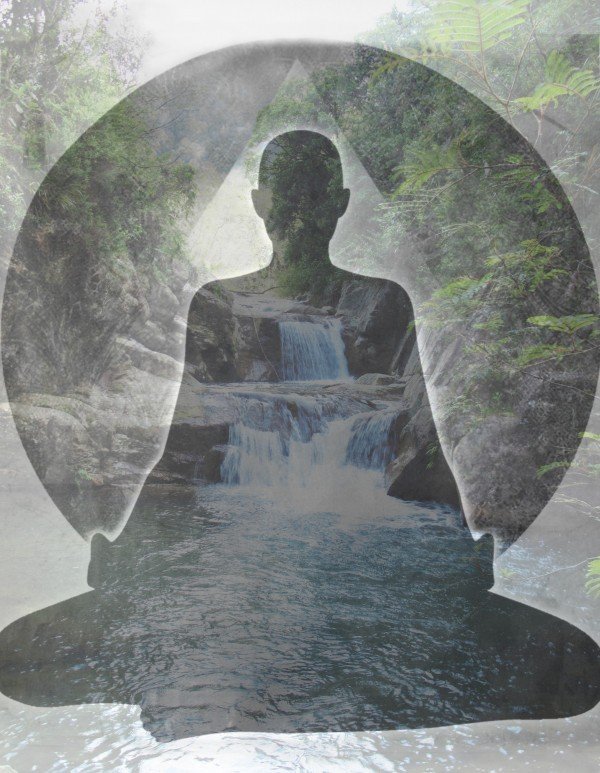Buddhist Recovery Network
Support meetings for people recovering from addictive behaviours

This is an international network which supports the use of Buddhist teachings, traditions and practices to help people recover from the suffering caused by addictive behaviours. Open to people of all backgrounds, and respectful of all recovery paths, the organisation promotes mindfulness and meditation, and is grounded in Buddhist principles of non-harming, compassion and interdependence.
Buddhist Recovery Network meetings
-every Sunday from 6:00 to 7:30pm - at the Centre
See BRN Events for details
These meetings include explorations of how mindfulness and other Buddhist tools can help with maintaining mental health in general and abstinence from drugs and alcohol in particular. We also meditate every time we meet, usually for 20-30 minutes. We give plenty of guidance on how to meditate and can also help with posture.
Various guided meditations and talks related to recovery from addictions are available on Free Buddhist Audio (FBA) – see some links below.
In addition, you can find other guided meditations on FBA which can help you establish a daily meditation practice. We recommend learning the body awareness, mindfulness of breathing and metta bhavana (loving kindness) meditations first, since these are practised at Buddhist Recovery Network meetings. All three of these meditation practices are very helpful in developing the kindly, attentive mindfulness which supports long-term recovery from addictions.
21-Day Meditation for Recovery
a series of talks by and Paramabandhu
This 21-day course in meditation to help with recovery accompanies the book 'Eight Step Recovery: Using the Buddha's Teachings to Overcome Addiction' by Paramabandhu and Vimalasara. Separated out into three week segments, It includes an introduction and a bonus track with a loving-kindness meditation.
Mindfulness for Just About Everything
a talk by Paramabandhu
Drawing on many years of experience as a consultant psychiatrist and Dharma teacher, he invites us to consider the lessons Buddhist techniques around meditation and mindfulness training can bring to the field of mental health - especially to problems with depression and addiction.
Body Scan Meditation
Vidyamala introduces and leads through a body awareness meditation